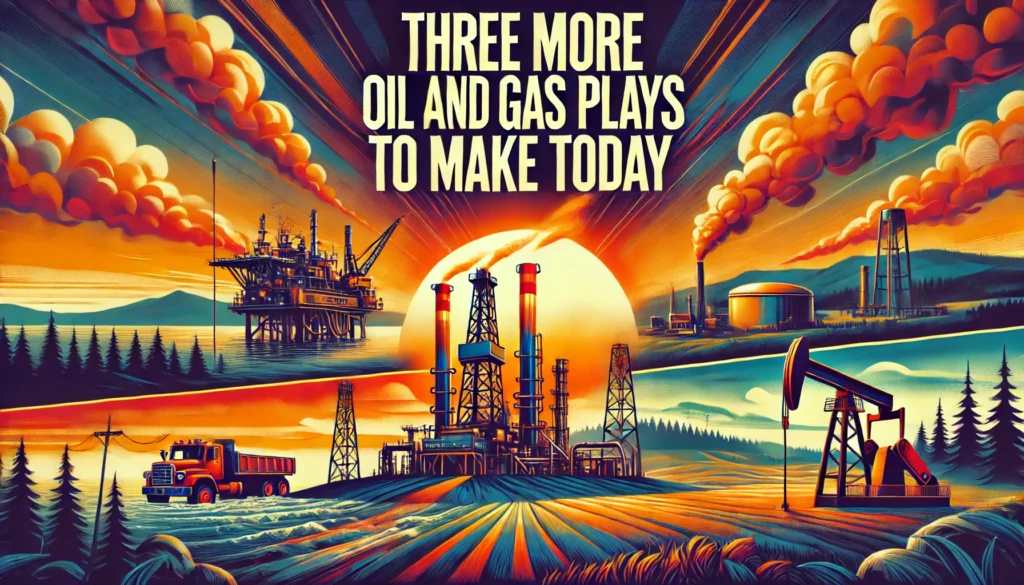- The rigged race between the plodders and the speeders…
- A cross of credit…
- TRUMP’S CURSE: A $35 Trillion Meltdown Ahead? Robert Kiyosaki just issued his boldest warning yet — and he says the clock’s almost out of time.
Dear Reader,
Dr. Steven Hanke professes applied economics at the Johns Hopkins University. From whom:
“In January 2020, billionaire wealth was 14.1% of GDP. Today it’s 21.7%.”
Capitalism’s foes say, “See? Capitalism is evil. It simply makes the rich richer while making the poor poorer.”
Yet Dr. Hanke believes capitalism’s foes confuse true capitalism for manipulated capitalism. Thus he believes they finger an innocent man:
“That’s the Fed. That’s monetary policy.”
I am with him.
I believe the professor of applied economics at the Johns Hopkins University is very largely correct.
The Federal Reserve and its reverse-Robin Hood monetary policy fans, despite its professed objectives, vast economic inequality.
Thus I believe capitalism’s foes should train their cannons on the central bank and the monetary policies it inflicts upon us — not the free market itself.
The Racers vs. the Plodders
Let us pursue a racing analogy. On the one hand we have the speeders. On the other we have the plodders.
The two are locked in racetracked competition.
From 1917-1940 the bottom 90% — the plodders — were neck and neck with the tip-top 1% speeders.
Both groups galloped at rates very nearly equal. By 1940, the plodders began to overtake the speeders.
These long shots pulled away over the next three decades… by lengths and lengths… and furlongs by the early 1970s.
The 1% could not keep pace with the 90%. Yet the race was not over.
In the early 1980s, the fleeter horses made their dramatic move.
The top 1% ran down the exhausted 90% by the early 2000s. The speeders have since extended their lead over the flagging plodders.
Is it because the speeders are simply fleeter of hoof than the plodders? That the plodders are natural laggards in the race?
The answer is no. It is because the Federal Reserve has rigged the race in the speeders’ favor.
You Don’t Deserve This!
Economics commentator John Mauldin:
- The income and wealth inequality that now plague us are, to a great degree, the result of persistently and artificially low interest rates. This goes back long before the Great Financial Crisis… rates have been generally falling since the early 1980s. I think it is not coincidence this is the same period in which… the gap widened between the wealthiest Americans and the middle class.
From the leftward-listing Economic Policy Institute we learn that:
From 1978–2023, top corporate executive officer compensation skyshot 1,085%.
The average sap — meantime — enjoyed a mere 24% betterment.
In 1965, a chief executive officer took in 21 times the compensation of the average worker.
By 2023, a chief executive officer took in 290 times the compensation of the average worker.
The trickle-down theory of economics argues you must first feed the horses in order to feed the sparrows.
The theory contains substantial justice — poor men do not open businesses. Poor men do not provide employment. Poor men put no bread in mouths.
Yet the Federal Reserve’s stable hands have overfed the horses. And the sparrows have scratched along on the leavings.
It Isn’t Free Enterprise
As I have argued before: I am heart and soul for the free enterprise system.
Let a man present his talents and abilities before the free and open market.
Should those talents and abilities prove superior to his fellows… let him wrest what he can through ruthless yet honest market combats.
For this man has earned his take. Let it be the lion’s take.
Yet as I am heart and soul for the free enterprise system… I am heart and soul against the manipulated system.
The manipulated system is a form of welfare. It is welfare not for the indigent — but for the stockholder.
Thus I repeat my claim that a modern chairman of the Federal Reserve system is a Robin Hood-in reverse.
He sobs about the poor beset middling and lower classes. He claims they are his sole concern.
And when he reduces the interest rate, artificially, he says he does it to hoist them up.
He says it will stimulate the employment market and all manner of economic doings.
Economic Moonshine
Yet Mr. McMaken of the Mises Institute argues the altruistic claim is largely moonshine.
The suppression of interest rates overwhelmingly — very nearly exclusively — assists the upper classes:
- Contrary to the longstanding leftist myth that poor people benefit most from cheap money, it’s actually the wealthy who most reap the rewards of low interest rates and inflationary policy. The assumption behind the myth is that poor people go into debt more than wealthy people, and therefore, it’s the poor who benefit when they pay back debts in devalued currency.
- That version of things is false on every level, however. First of all, the wealthy take out loans far more than the poor. When it comes to home mortgages, for example, the top ten percent has more debt than the bottom fifty percent. So, which group will get an outsized benefit from paying back debts in cheaper money? It’s the top ten percent, not the bottom fifty percent.
- Second, easy money fuels asset price inflation, and that’s only helpful if one owns a lot of assets. It’s not so great if — like most lower-income people — one doesn’t own a lot of assets.
The Actual Evidence
The actual evidence is in back of the reverse Robin Hood theory Mr. McMaken:
- [A] recent empirical study on the effects of low interest rates and easy money is Karen Petrou’s 2021 book Engine of Inequality.
- Looking at low-interest-rate policy as implemented in the United States, Petrou notes the effect has been extremely beneficial for the wealthy. Because so much money has been injected into the financial sector, stock prices have skyrocketed, and the prices of other assets — especially real estate — have soared.
- Petrou shows that if we look at the data, however, we find that this economic boon hasn’t done much for those who don’t already have robust stock market portfolios and real estate assets — the lower half of the US in terms of wealth and income.
- In fact, from 2001 to 2016, the median wealth of Americans in the bottom 80 percent of income earners fell…
A Cross of Credit
The year is 1896. Presidential candidate William Jennings Bryan denounces gold.
He considered gold an instrument of the financial elite.
“You shall not crucify mankind upon a cross of gold,” he raged.
Yet the record indicates that a gold-anchored monetary system was the average man’s ally for much of the 20th century… until old Nixon scissored the dollar’s last tetherings to gold in 1971.
Thenceforth, under the purely credit system, the wealth gap has expanded to fathomless dimensions.
Thus if Mr. Bryan were with us today, he might yell, with the highest irony:
“You shall not crucify mankind upon a cross of credit.“
Brian Maher
for Freedom Financial News




